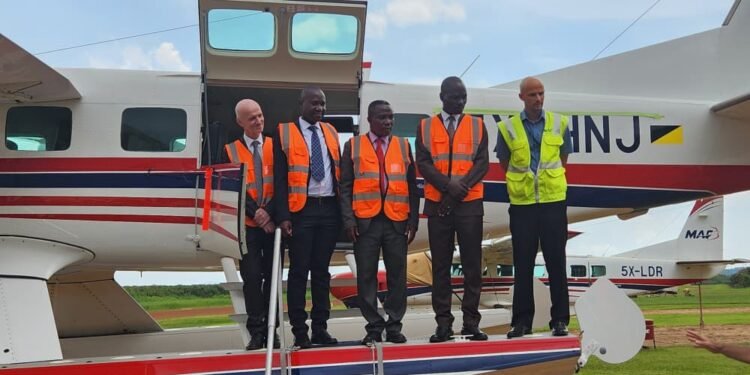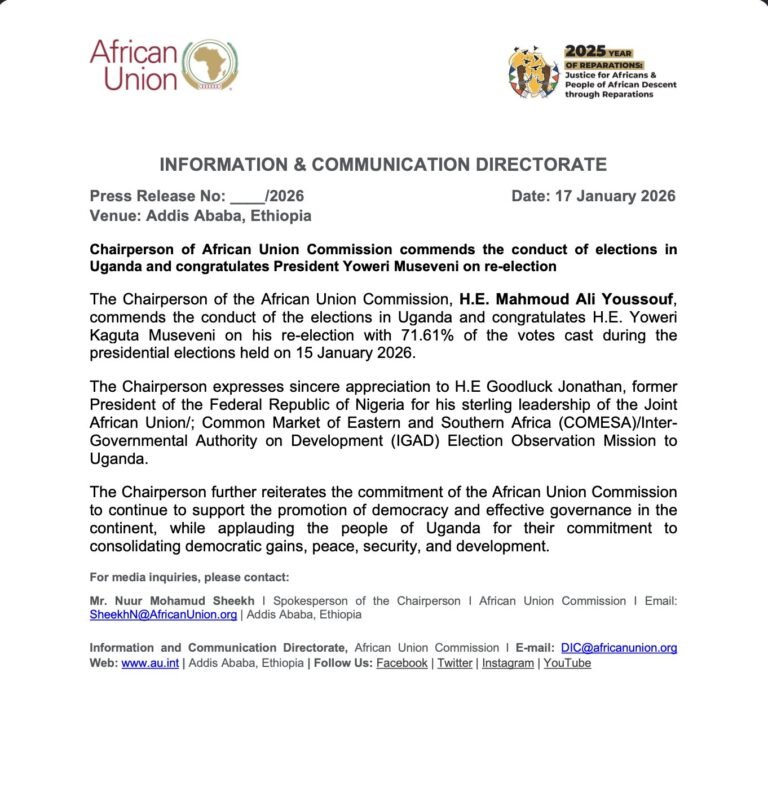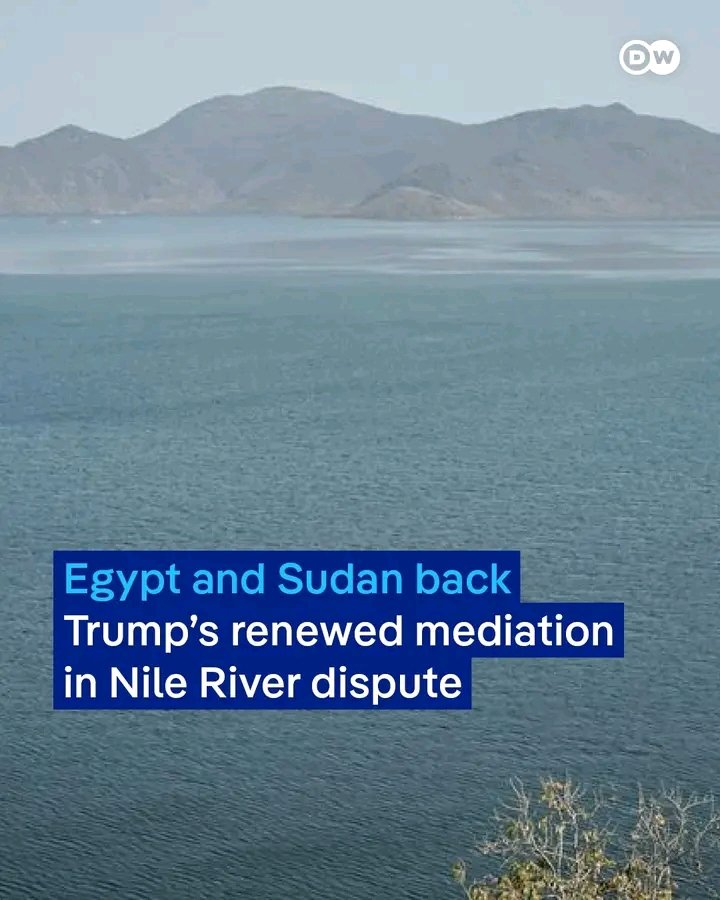
KAMPALA, Uganda – A new chapter in air transport is poised to take off on the waters of Lake Victoria, with the planned introduction of Uganda’s first-ever float plane set to revolutionize travel for remote island communities.
Mission Aviation Fellowship (MAF), a humanitarian aviation organization, has announced it will launch the amphibious aircraft service in 2026. The initiative aims to provide a safer, faster, and more affordable travel alternative for the more than 300,000 people living on the lake’s scattered islands.
A Solution to Isolation and Risk
For generations, travel for island residents has been defined by long and often perilous boat journeys. Trips between islands or to the mainland can take up to 12 hours, a duration that becomes dangerously extended during sudden storms.
The new float plane service promises to shrink these travel times dramatically. A journey that once took half a day by canoe could soon be completed in just 20 minutes by air.
“This amphibious aircraft will make travel safer, faster, and more reliable,” said Sam Baguma, MAF’s Country Director for Uganda. “The isolation of the islands is a reality, and there’s no doubt about the risks people face while trying to reach them.”
The improved access is expected to have a significant impact, facilitating quicker trips to healthcare facilities, opening up access to education and markets, and boosting trade.
How the Service Will Work
The aircraft at the heart of this project is a Cessna 208 Amphibian, a special type of plane fitted with floats that allow it to land on both water and conventional airstrips. It has a capacity for 10 passengers or 570 kilograms of cargo, making it ideal for short-distance regional flights.
The service will initially operate from Kajjansi Airfield, near Kampala, to a pilot group of 10 islands, including Bukasa, Buyovo, Lingila, and Buvuma. MAF plans to eventually expand to all major islands on Lake Victoria. Each participating island will be equipped with a small, purpose-built docking station.
The project also promises economic benefits. Baguma highlighted that hiring a private boat from Jinja to Lingila Island can cost up to Shs500,000, a prohibitive sum for many. The float plane service will charge less per seat, offering a more affordable and convenient option.
As a first-of-its-kind operation in Uganda, MAF is collaborating closely with the Uganda Civil Aviation Authority (UCAA), the Ministry of Works and Transport, and the National Environment Management Authority (NEMA) to establish the necessary safety and environmental standards for seaplane operations.
With this ambitious project, the vast waters of Lake Victoria are set to become a new highway to the sky, connecting Uganda’s isolated island communities like never before.






